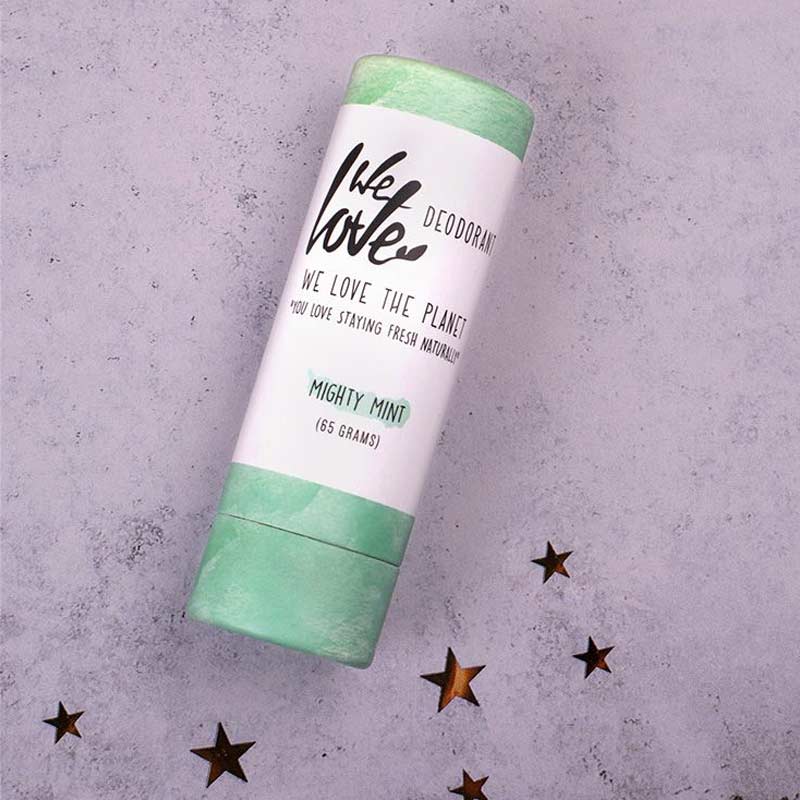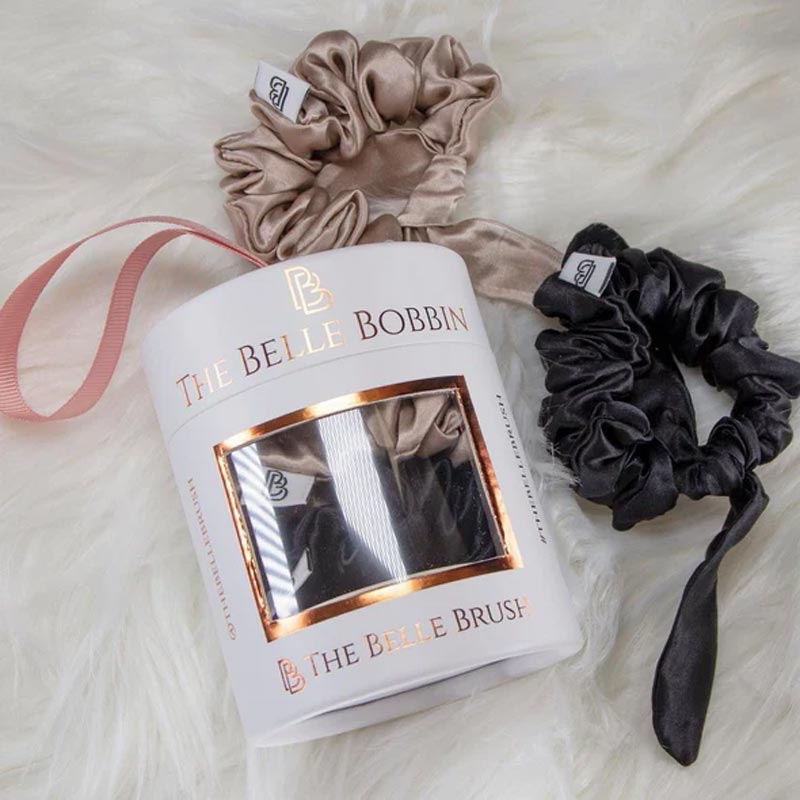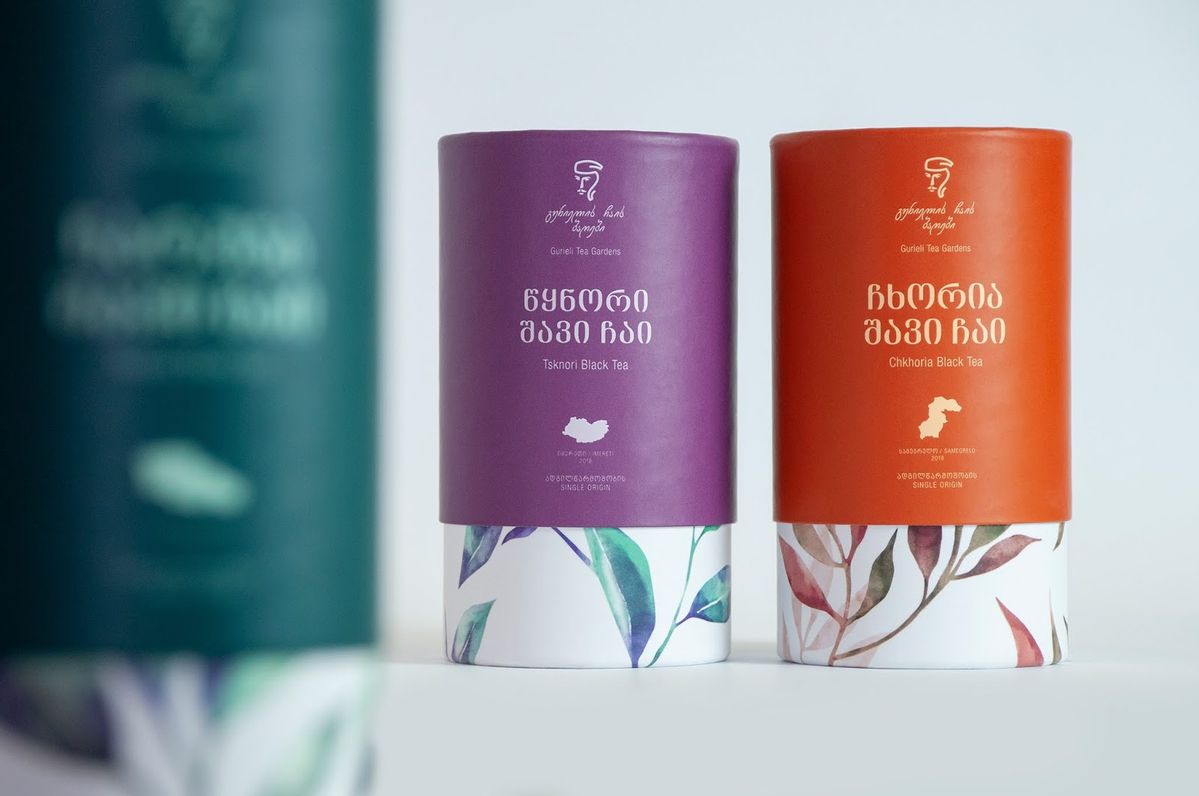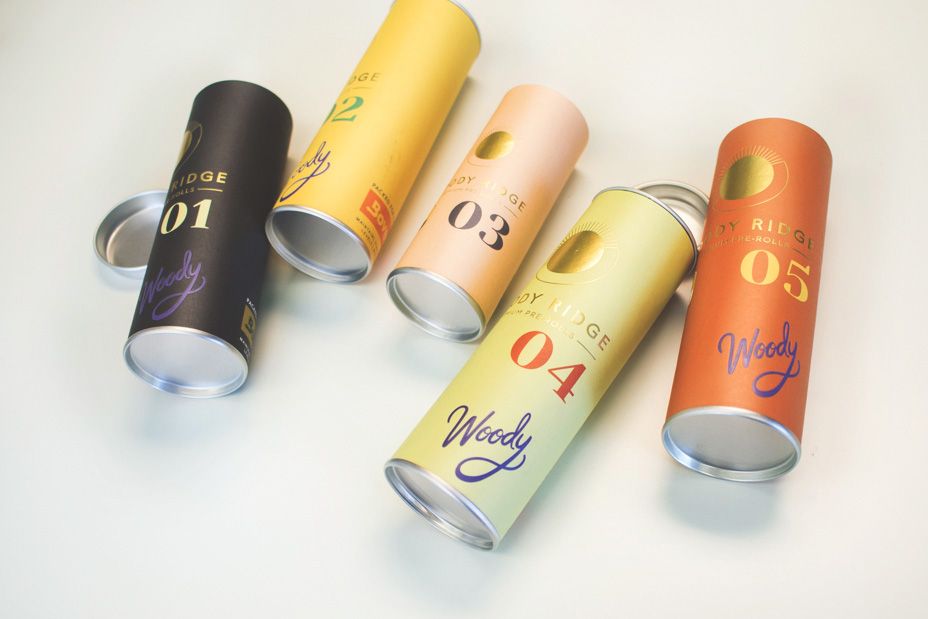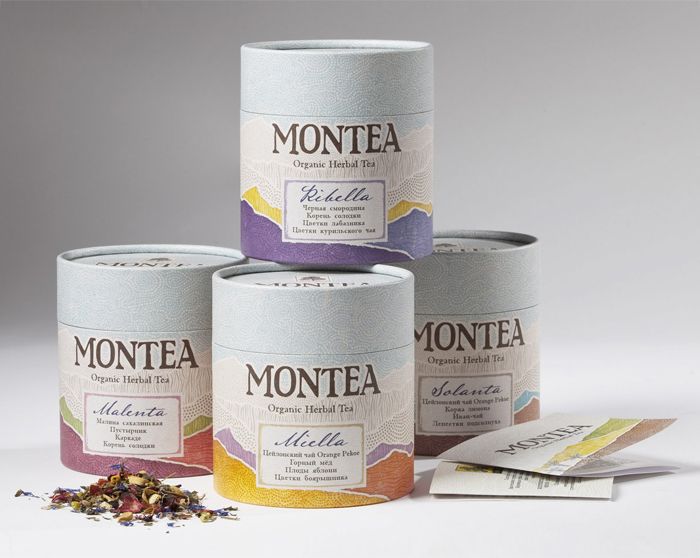What Is a Corrugated Box?
Ever wondered why Amazon packages always seem to survive the journey to your doorstep, even when the delivery driver treats them like footballs? The secret lies in corrugated boxes – those humble brown containers that protect billions of products every single day.
What is a corrugated box? It is, in a word, a shipping box: one made of corrugated cardboard, the wavy, fluted layer that sits between flat sheets of the material. This isn’t your average cardboard — this is engineered packaging designed to withstand and protect your items.
Think about it: nearly every online order you’ve received probably came in one of these boxes. They’re everywhere because they work incredibly well, and there’s actually a lot more science behind them than you might think.
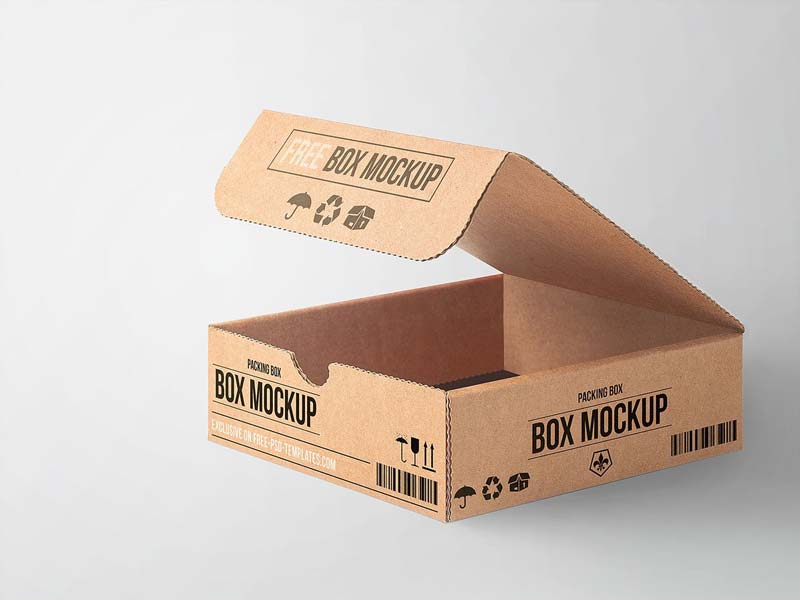
According to the EPA, corrugated packaging has one of the highest recycling rates among packaging materials.
Understanding What Corrugated Boxes Really Are
When people ask “what is corrugated box” construction, they’re usually surprised to learn it’s not just thick cardboard. To define corrugated boxes properly, you need to understand their smart design.
Think of a sandwich: two slices of bread (flat cardboard) with a bit of zigzag in between (the fluted center layer). Looking quirky is not the only thing all that wavy middle part does — it also causes tiny air pockets that absorb shock and distribute weight. It’s as if bubble wrap were built in and structural.
The whole thing is glued together with industrial strength adhesive, however, and that makes for something that’s surprisingly strong yet still light weight. Companies have been refining this design for more than a century, and it shows.
Types of Corrugated Board: From Light to Heavy-Duty
Not all types of corrugated board are created equal. Just like you wouldn’t use a paper plate to serve Thanksgiving dinner, different products need different levels of protection.
Single Wall: The Everyday Hero
Single wall corrugated is your standard shipping box. It has one fluted layer and works great for most everyday items – books, clothes, small electronics. It’s cost-effective and handles normal shipping abuse just fine.
Double Wall: When Things Get Serious
Need to ship something heavier or more fragile? Double wall corrugated brings in reinforcements with two fluted layers. These box types can handle rougher treatment and heavier loads without breaking a sweat.
Triple Wall: The Tank of Boxes
Triple wall is serious business – three fluted layers that can support hundreds of pounds. If you’re shipping industrial equipment or need a box that doubles as temporary furniture, this is your friend.

TAPPI (Technical Association of the Pulp & Paper Industry) standards – “Industry standards set by TAPPI ensure consistent quality across corrugated manufacturing.
Box Styles That Actually Make Sense
Box styles aren’t just about looking different – each design solves specific shipping problems. Here are the ones you’ll actually encounter:
Regular Slotted Container (RSC)
This is the classic box everyone recognizes. Four flaps meet in the middle, easy to fold, easy to tape. It’s popular because it works for about 80% of shipping needs without any fuss.
Full Overlap Container
Ever notice some boxes seem extra sturdy on the bottom? That’s probably a full overlap design, where the bottom flaps completely overlap each other. Perfect for heavy stuff that might otherwise punch through the bottom.
Die-Cut Boxes
These are the custom jobs – boxes cut to exact specifications for specific products. Think of those perfectly-fitted boxes that high-end electronics come in. More expensive, but worth it for valuable or oddly-shaped items.

Paper tube packaging products – “For specialized cylindrical packaging needs, explore our custom paper tube solutions.
Corrugated vs Regular Cardboard: Why It Matters
Here’s where people get confused. Boxes cardboard packaging comes in different forms, and understanding the difference can save you money and headaches.
Regular cardboard is basically thick paper – think cereal boxes or shoe boxes. It’s fine for light stuff that doesn’t travel far, but it’ll fold under pressure and won’t protect much during shipping.
Corrugated boxes are the heavy-duty cousins. That fluted design we talked about? It makes all the difference. They can handle weight, absorb impacts, and stack without crushing. There’s a reason moving companies don’t use cereal boxes.
Why Everyone Loves Corrugated Packaging
The benefits of corrugated packaging aren’t just marketing hype – they’re practical advantages that save businesses money and customers frustration.
They Actually Protect Your Stuff
The fluted design isn’t just clever engineering – it’s impact protection that works. Those air pockets absorb shocks that would destroy products in regular packaging. Your phone arrives uncracked, your dishes arrive unbroken.
They’re Surprisingly Green
Here’s something that might surprise you: corrugated boxes are environmental champions. Most are made from recycled materials and can be recycled again after use. Some companies are even using water-based inks and biodegradable adhesives.
They Don’t Break the Budget
Despite being protective and eco-friendly, corrugated packaging often costs less than alternatives when you factor in damage prevention. A slightly more expensive box that prevents a $200 return is a smart investment.
Customization Without the Headache
Thanks to modern printing and cutting technology, it is possible to get custom corrugated boxes without investing in 10,000 of them. Smaller businesses have professional-looking packaging that is ideally suited to the size of their products.

Sustainable Packaging Coalition – “The Sustainable Packaging Coalition provides guidelines for environmentally responsible packaging practices.
Quality Testing: Making Sure Boxes Don’t Fail
Professional manufacturers don’t just make boxes and hope they work. They put them through serious testing to make sure they can handle real-world shipping.
Edge Crush Test
This test pushes down on the edge of corrugated material until it buckles. It tells you how much weight the box can handle when stacked in a warehouse or shipping container.
Burst Test
Ever had a box blow out during shipping? The burst test prevents that by measuring how much pressure the material can take before it ruptures. Think of it as a stress test for cardboard.
Box Compression Test
This one tests the whole box, not just the material, by applying weight until something gives. It’s the ultimate test of whether your packaging will survive the real world.
How Quality Corrugated Boxes Get Made
The manufacturing process is more sophisticated than you might expect. It starts with selecting the right paperboard – different weights and fiber compositions for different applications.
The corrugating machine is the big printer, stamping the stuff with that fluted pattern while applying adhesive and fusing everything together. It’s a fine balance of temperature, pressure and timing, and if any one factor is off, the boxes won’t function properly.
The best manufacturers track everything from incoming materials to final test. It’s not glamorous, but it’s the difference between boxes that keep your products safe and boxes that give in when it counts.

Source: Our comprehensive custom packaging solutions cater to businesses of all sizes.
Real-World Applications That Matter
Corrugated boxes aren’t just for shipping – they’ve become essential across industries for good reasons.
E-commerce: The Unsung Hero
You can thank the reliable packaging for online shopping. Every day, millions of corrugated boxes shield everything from books to blenders as they travel from warehouse to doorstep. E-commerce has elevated box design to a new level of efficiency and sustainability.
Food Industry: Beyond Pizza Boxes
Food-grade corrugated packaging keeps products fresh and safe while meeting strict health regulations. From produce boxes to takeout containers, these materials have to perform while being safe for food contact.
Electronics: Protecting the Expensive Stuff
When you’re shipping a $1,000 smartphone or laptop, the packaging better work. Corrugated solutions, often with custom foam inserts, provide the protection these high-value items need.

Learn more about our advanced manufacturing processes and quality standards.
What’s Coming Next in Corrugated Packaging
The packaging industry keeps evolving, and some interesting trends are emerging that could change how we think about boxes.
Smart Packaging Integration
Imagine boxes that can tell you if they’ve been dropped, exposed to extreme temperatures, or tampered with. RFID chips and sensors are starting to show up in high-value shipments, turning simple boxes into data-collecting devices.
Even Greener Materials
Research into plant-based adhesives and alternative fiber sources continues advancing. Some companies are experimenting with agricultural waste and even mushroom-based materials that could make packaging even more sustainable.
Digital Printing Revolution
Custom printing is getting cheaper and faster, meaning even small businesses can afford professional-looking branded packaging. Digital technology also enables variable printing – different designs on each box without stopping production.
The Bottom Line on Corrugated Boxes
Decades of refinement have made corrugated boxes very, very good at their job. They take care of products, help a company meet sustainability goals, and aren’t exorbitantly expensive.
Knowing what box types, box styles and when to use them can help to ensure a business is making the best packaging choices.
Whether you are shipping handmade crafts or industrial equipment, there likely is a corrugated solution to meet your requirements. The trick is to have packaging that is matched to the product and shipping conditions, not to just grab whatever box is cheapest.
With e-commerce continuing to expand, and sustainability increasingly significant, these adaptable containers will continue to evolve. But the underlying principle is the same: good packaging preserves what matters while being responsible with resources.

